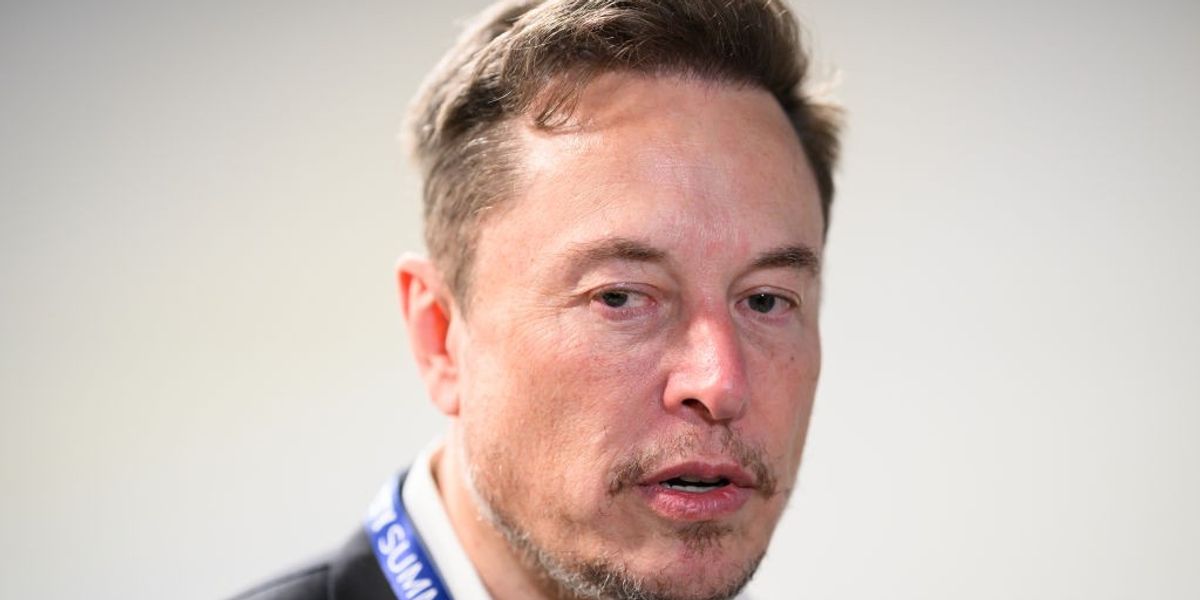Elon Musk’s Controversial Defense of Britain’s Role in Ending Slavery: A Complex Historical Debate
In recent weeks, the topic of reparations for the transatlantic slave trade has reignited discussions across the globe, particularly in the UK and the Caribbean. At the center of this heated debate is none other than Elon Musk, the billionaire CEO of Tesla and SpaceX, who has sparked controversy with his remarks defending Britain’s historical role in the abolition of slavery. Musk’s comments have drawn both support and criticism, highlighting the complexities of historical narratives and the ongoing implications of colonial legacies.
Musk’s Claims and Historical Context
Elon Musk took to social media to assert that the British Empire played a pivotal role in ending slavery worldwide. He stated, "Not many people these days know that the British Empire was the driving force behind ending the vast majority of global slavery." Musk’s assertion is rooted in a historical context where, by the late 18th century, a growing abolitionist movement emerged in Britain, challenging the moral and ethical foundations of slavery.
The British involvement in the slave trade began in 1562, with the UK becoming the world’s largest slave-trading nation by the 1730s. This dark chapter in British history saw countless individuals forcibly taken from Africa and subjected to inhumane conditions in the Americas. However, as societal attitudes shifted, a movement began to take shape that would ultimately lead to significant legislative changes.
The Abolition Movement
The abolition movement in Britain gained momentum in the late 18th century, driven by various social and religious groups, notably the Quakers. They were among the first to publicly condemn slavery, presenting petitions to Parliament as early as 1783. Independent MP William Wilberforce emerged as a key figure in the parliamentary efforts to abolish the slave trade, tirelessly advocating for change.
In 1807, the British Parliament passed the Slave Trade Abolition Bill, which made it illegal to engage in the slave trade, although it did not abolish slavery itself. This legislation was a significant step forward, passed by a substantial majority of 283 votes to just 16. The subsequent Slavery Abolition Act of 1833 finally freed enslaved individuals across British dominions, albeit with a controversial clause that compensated slave owners with £20 million—a staggering sum at the time.
The Debate Over Reparations
Musk’s comments come at a time when Caribbean nations are increasingly vocal about seeking reparations for the injustices of slavery. Countries such as Jamaica and Barbados have ramped up their efforts to pressure the UK government to acknowledge its historical role and provide financial reparations. The debate has gained traction, with figures like Foreign Secretary David Lammy expressing support for reparations, while others in the government, including Science Secretary Peter Lyle, have distanced themselves from such proposals.
The complexities of this debate are multifaceted. On one hand, there is a growing recognition of the long-lasting impacts of colonialism and slavery on contemporary societies. On the other hand, there are concerns about the implications of reparations and how they would be implemented. Critics argue that reparations could open a Pandora’s box of historical grievances, while supporters contend that acknowledging and addressing past injustices is essential for healing and reconciliation.
The Role of Historical Narratives
Musk’s defense of Britain’s role in ending slavery raises important questions about how history is interpreted and taught. While it is true that Britain played a significant role in the abolition movement, it is equally crucial to acknowledge the atrocities committed during the slave trade and the ongoing ramifications of those actions. The historical narrative is often complex, with various perspectives that must be considered to gain a comprehensive understanding of the past.
The discussion surrounding Musk’s comments reflects a broader societal struggle to reconcile historical achievements with the darker aspects of colonial legacies. As nations grapple with their histories, the challenge lies in fostering dialogue that acknowledges both the progress made and the injustices that persist.
Conclusion
Elon Musk’s remarks on Britain’s role in ending slavery have reignited a vital conversation about history, reparations, and the legacies of colonialism. As Caribbean nations continue to advocate for reparations, the complexities of this issue demand careful consideration and respectful dialogue. Understanding history is not merely about celebrating achievements; it is also about confronting uncomfortable truths and striving for a more equitable future. The debate is far from over, and as society evolves, so too will the conversations surrounding these critical issues.
